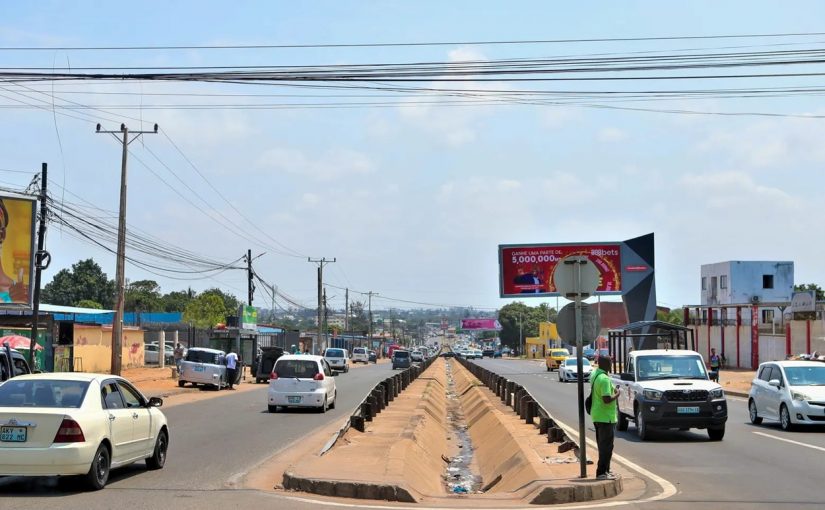Mozambique: Chapo claims commitment to “public-private partnership”
Mozambique: Firms ‘timidly’ reopening one year after election riots – businesses

FILE - For illustration purposes only. [File photo: Lusa]
Mozambique: Firms ‘timidly’ reopening one year after election riots – businesses
The Confederation of Economic Associations of Mozambique (CTA) acknowledges that companies affected by the post-election demonstrations are “timidly” resuming activities, one year after the start of protests that paralysed the economy — some undergoing restructuring and others abandoned.
“Many of the businesses that suffered acts of vandalism, looting and destruction have managed to rebuild or are in the process of resuming their activities. There have been some cases of permanent closure, but fortunately these are few in number,” Onório Manuel, vice-president of the CTA, told Lusa.
He highlighted the “visible effort” of companies that have not yet fully reopened to “restructure and return to the market”.
According to him, one year after the start of the worst unrest Mozambique has seen since the first multiparty elections (1994), the sector is “timidly” resuming its activities, having been affected by protests led by former presidential candidate Venâncio Mondlane, who does not recognise the election results of 9 October 2024, which gave victory to Daniel Chapo, the current President of Mozambique.
More than 400 people died as a result of clashes between police and protesters, according to data from civil society organisations. The unrest also led to looting and the destruction of more than 500 businesses and public infrastructures, according to figures previously provided to Lusa by the CTA business association.
Without giving the number of businesses that have already returned to the market and those that will close their doors permanently, Manuel acknowledged that the impact of the demonstrations was “profound” and that it is not possible to speak of recovery “after such a short time”.
“It is too early [to talk about the number of businesses], because destroying is easier than building,” he said.
Citing official data on the effects of the protests, Onório Manuel recalled that the Mozambican economy contracted by 5.68% in the fourth quarter of 2024 and 3.92% in the first quarter of this year — precisely the period when the effects of the post-election protests were most intense.
During the second quarter of 2025, marked by the beginning of the pacification of these internal conflicts from mid-March onwards, the economy declined by 0.94%, demonstrating that although performance remains in negative territory, the trend shows signs of improvement — “possibly associated with the gradual return of companies to their operations after the paralysis observed at the end of 2024 and the beginning of 2025”.
“This timid recovery in business activity reflects, above all, the resilience of the national business community in the face of the multiple adversities it faces in the exercise of its activities. However, it is believed that, as a result of the restoration of socio-political stability and the measures adopted by the government, the recovery process will gain new momentum in the coming quarters,” he said.
The Mozambican Federation of Contractors (FME) alone estimated on Friday that more than 300 construction companies closed during the post-election demonstrations, whilst recognising that many companies have not yet been able to reopen.
The Mozambique Workers’ Organisation – Trade Union Centre (OTM-CS) has said that, of the more than 12,000 workers who lost their jobs during the riots, about 3,000 remain without compensation.
On 23 March, Mondlane and Daniel Chapo met for the first time and made a commitment to end post-election violence in the country, initiating a process of reforms in Mozambique.











Leave a Reply
Be the First to Comment!
You must be logged in to post a comment.
You must be logged in to post a comment.